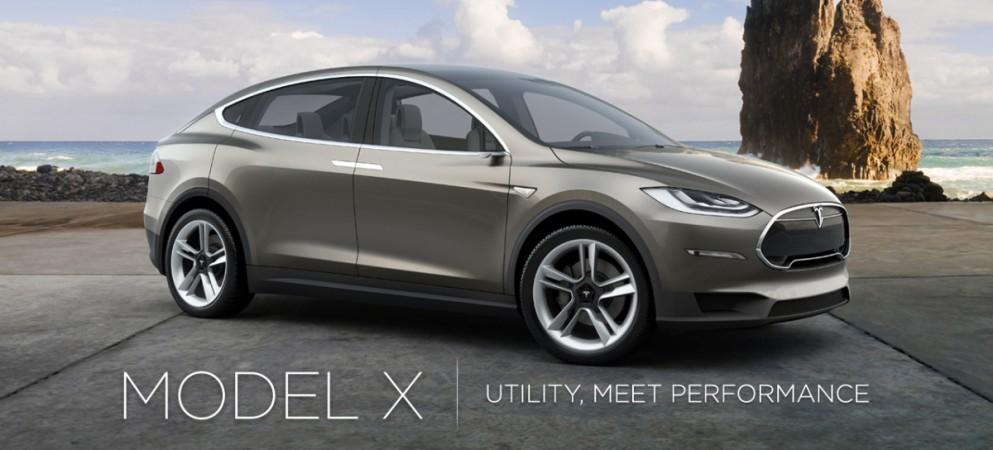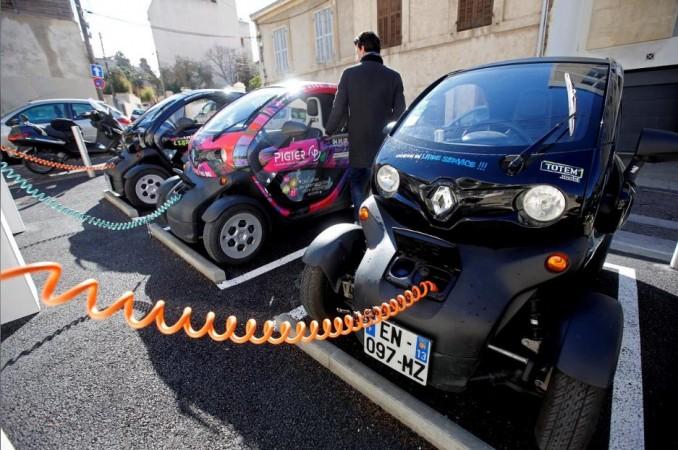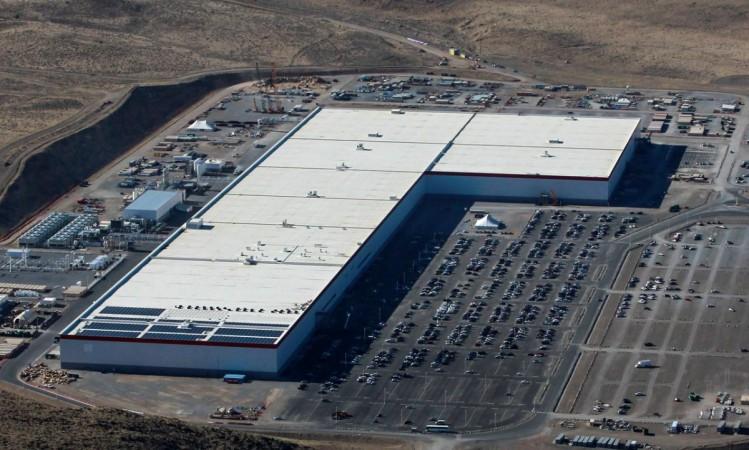
Major companies like Tesla and Amperex Technology Co. Ltd have shown interest in India's plan to build large factories to produce lithium-ion batteries. The Indian government had earlier announced an investment of Rs 50,000 crore to build battery manufacturing plants in the country.
Narendra Modi-led BJP government's initiative to make India a global manufacturing hub for electric vehicles and their components has been luring the global investors. India is currently the world's third-largest crude oil importer. If India can slash crude consumption it can save precious foreign exchange, besides controlling pollution in major cities.
As per the LiveMint report, the expenditure finance committee (EFC) has approved the proposal to set up 50-gigawatt hour factories. The final tender is expected to be declared by February. The successful completion of one such project can power 50 million homes for an hour and around 1.5 million electric vehicles.

Tesla is the world's largest maker of electric vehicles. According to a report in Forbes, the market share for EVs is stagnant without the inclusion of Tesla auto. But the Elon Musk-run company is still stepping back when it comes to a launch in India, citing reasons like 'challenging government regulations' and extremely high import duties in the country.
The federal policy think tank, Niti Aayog, has been pushing the idea to build the plant to achieve similar results as of Tesla through its Gigafactory in Nevada, US. The project aims at releasing the technology in the market and let the users decide what's best suited for them.

The report clarifies that the programme aims at building 12 gigawatt-scale facilities, having a potential of 10GWh each by 2030. It further states that the government will be focusing on tax incentives for manufacturers and a basic customs duty safeguard from 2021 to 2030 to encourage private sector investment for making advanced chemistry cells and batteries in India.
The 2019 budget proposed by Nirmala Sitharaman has already announced tax rebates of up to Rs 1.5 lakh for customers on interest paid on loans to buy EVs, with a total exemption benefit of Rs 2.5 lakh over the entire loan period to encourage the sales of electric vehicles. The Goods and Services Tax Council has also announced the tax cuts on electric vehicles and chargers from August 1.

















